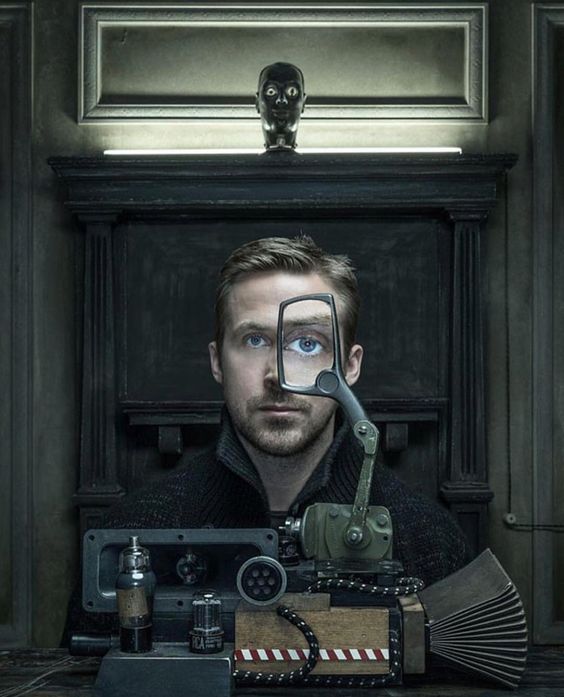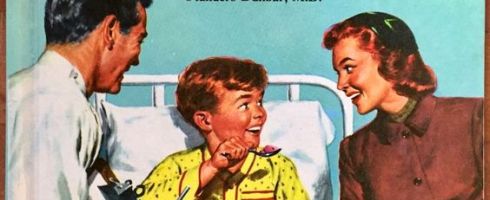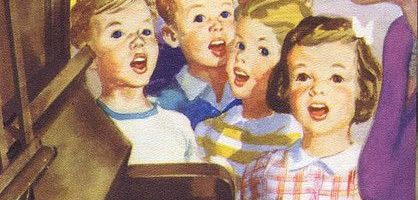One dark day I stumbled upon your facebook page. Over time and in moments paralyzed by pain, I have found solace in the posts. And recently, I began writing. As the pages filled, the heaviness lifted. This morning I woke up feeling compelled to share, in hopes it would help someone. I am certainly not a writer by trade and hope it isn’t too awful!
Thank you for helping me gain clarity. Happy Holidays – Noel
If a father loves his daughter, he would do the best for his daughter.
On the eve of my 34th birthday, I find my self conflicted. Feeling both free and trapped. I have fallen from years of searching for purpose. As I sit here tonight reflecting, I find clarity. I wasn’t searching for purpose, I was begging to be found, to be heard, and to be seen.
As far back as I can remember, I have always wanted more. It is almost as if I swallowed an orb on the edge of bursting. My dreams were restricted by a conforming confidence. Studies show fathers give little girls self-esteem. Instead, my father’s strong display of disappointment, instilled a constant need to be perfect. In result, restricted my individuality and thoughts. My differences were seen as difficult. I was the unruly child, needing further restriction.
December 24, 1983 at 6:18pm my parents brought me into this world of both endless opportunities and many walls still needing to be broken. And on April 28, 2016, after 32 years, I lost the will to fight for my parents’ love. I had learn to love myself in order to fly.
For years, I hid behind others opinions, convictions, and dreams. So much, for a period of time, I questioned my existence. My so-called friends would always joke about my disappearances. How can people find one’s self-destruction funny? Actually, society pushes woman to be quiet. The first and last time I spoke up about the fear and loneliness I felt at home the response dug deeper than the abuse. The society rationalizes and arms abusers with excuses. In the end, it further confined me and gave me the belief it was normal. Was it me wanting too much love and attention? Wasn’t it normal to want supportive parents on the sidelines? Were little girls not supposed to dream?
Then, I fell in love with a man who saw into my soul and fed my dreams. He opened my eyes to new experiences, which started feeding an unknown passion. Without me noticing, he took an interest far beyond his own education. Others only saw his signature gift of diamonds. To me it wasn’t the diamonds, it was the first time I saw someone seeing me. On our first anniversary, I found a book from my favorite author inscribed with a statement of love. He didn’t read, I actually never read at home. In fact, my personal library was in the home we didn’t occupy. I will never know the lengths he went to figure it out. Those years spent with him, where filled with moments like those. It was the first time a smile came from within. Those memories will forever be my treasures.
To much dismay, love does not prevail illness. I hadn’t even recovered from a recent car accident and now this. A darkness fell over me. At the time, I was certain a love that great would never find a way back into my life. My father ignored it all together, my mother took care of me. I know sounds lovely right? However, my mother has never done anything without a self-serving reason. One day I woke up, realized she was happy. She found purpose in my weakness and happiness in saving me. Who would want their daughter to go through this? Mothers shouldn’t need tragedy to love daughters.
Over time, even though the pain faded, I felt underserving of another love as such. For a while, the ending outshined the love once shared between us. From this point forward, the relationship with my parents defined acceptable relationships for me. My allowance and enablement of toxic relationships continued to grow. One day, the cost of hiding my truth was far too great. The energy to consistently act for the benefit of others was exhausting. I was tired of experiencing full blown panic attacks before heading to functions, to then immediately become undone as the car door shut. I was falling apart, and my personal life was suffering greatly.
In hindsight, I allowed many opportunities to slip away and took for granted blessings so freely given by many. I hastily decided to change my life. Even though it was the right decision, many people, my so-called friends, were collateral damage to my wake-up call – with my quick good byes. Actually truth be told, it was more like, get out of my life! For a while it was lonely. Weekends would come and I would sit home feeling sad and isolated for not being invited. I had to keep reminding myself of the truth. You hate drinking, being a target for jokes, the surface level conversation topics, staying up until 2-4am, being unable to drive home, etc.
I had the freedom to define my new life and even though finding new friends with my interests wasn’t exactly easy. Filling the gap for my family was far harder. Not only did I find myself grieving, I had a sense of guilt, uneasy to shake. Here I had two healthy, living parents, while others would do anything to have one day with their late parents.
I will never understand the difficulty to love a daughter. I did everything asked of me.
– I went to school were my father dictated. Even though my fathers’ money centric values limited my education and aspirations, I excelled far greater than asked. Yet, still not worth a “I’m proud of you”.
– Sacrificing my own happiness and passion to focus on the career my father choose for me.
– I moved home, when my father beckoned on me to help care for my ailing grandfather. I will never regret spending the time with my grandfather. I just with it didn’t come with such pain. My father dealt with his feelings by blaming everyone. I listened to his hateful rants about everyone (even when it was about the people I loved and looked up too). Even though an adult with a promising career, he would still scream in my face for hours even with company over – “You are trash, you are mother’s daughter, you will never amount to anything without me….”. I never knew what mood he would be in and like the wind, it could change suddenly. With him, I reverted back to a child.
Not only was it never good enough, my father’s advice (mind you unsolicited and consistently pushed) and constant criticism stifled my voice. I struggle daily to find my voice and lend others the autonomy necessary for growth.
But, I was grateful it was never about being married and having children. The idea of loving and trusting another human that much came with too much pain. Until one day, my father’s heavy expectations changed. My career was no longer meaningful without kids. I was struck by the irony. I had just put myself through grad school and had new found sense of confidence and passion for my career.
To the father in capable of listening, yes, I defied your advice to ‘keep my head down and mouth shut in Corporate America’. Because you know what, I got something to say and fight for. So guess what, I spoke up and one day I found myself at the table. Meghan Markle’s call to open seats at the table a few years ago, did not fall on deaf ears. As such, I am proud to be a woman and a feminist.
This year, I found comfort being the outlier. I am finally free from judgment and the unrealistic need to be perfect. The truth is I will always live life with a sense of loss and sadness. The greatest part is the truth can be multi-dimensional. Therefore, I am choosing authenticity, happiness, and gratitude. I am also choosing forgiveness.
I may be sunshine mixed with a little hurricane. I will never be perfect, but always genuine. I am unapologetic about my passion and open heart, I would hate to lose the future. I will put every effort into making dreams into plans. I will harbor the courage to cover the earth, before it covers me.
So for my birthday this year all I want is to do is cultivate the ability in others to love and appreciate each other. This world can easily fuel hate and war. Daily pressures can easily blur your ability to ‘be in the moment’. Don’t let differences seem impossible to overcome. Encourage future generations. Last but not least, to all the fathers and mothers out there – please love your children a little extra for me.
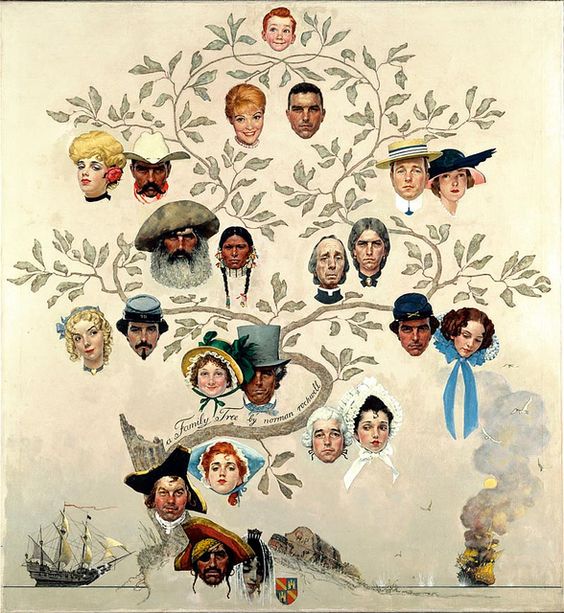

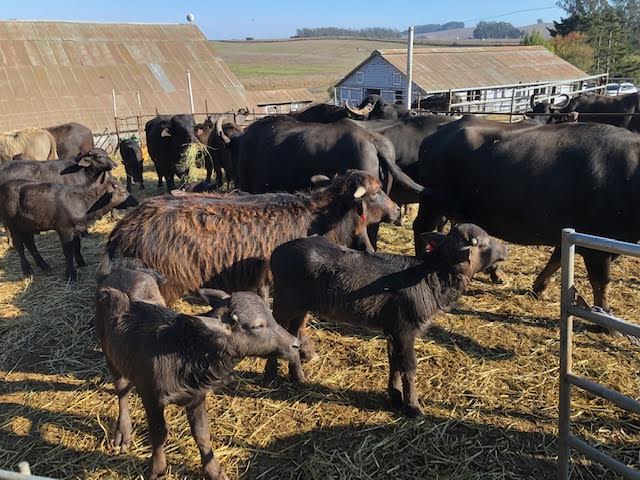
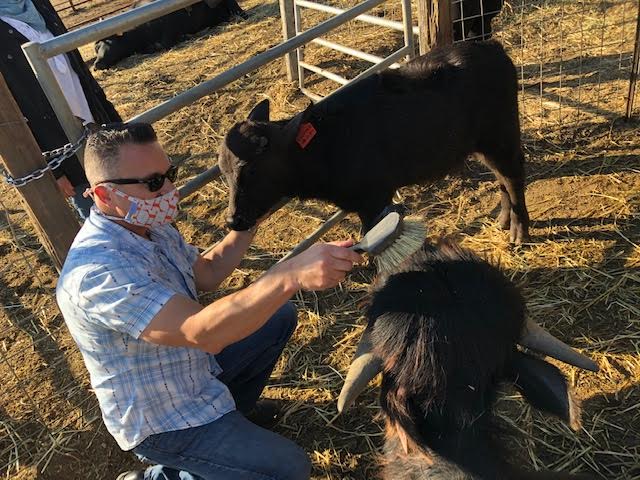
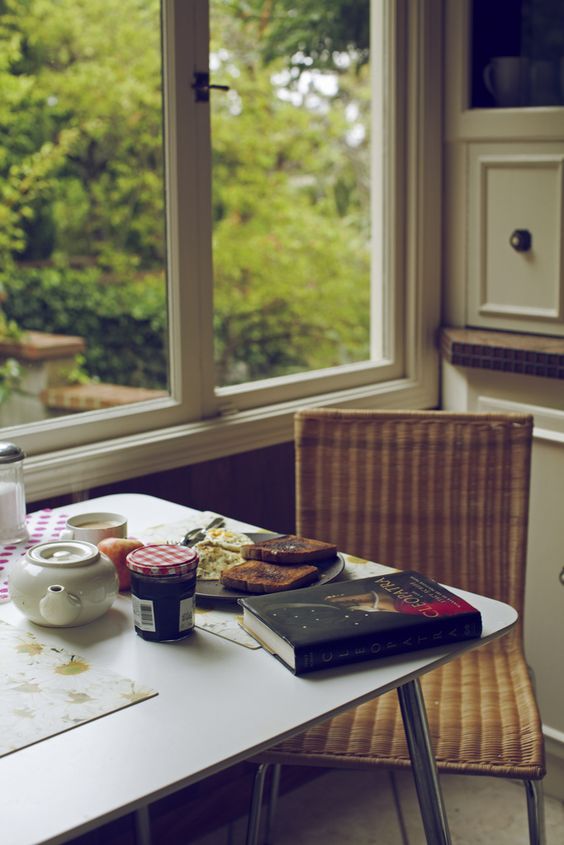 I have a Sunday routine: shower; sip iced coffee, church, brunch – and the big reward, movies. Today I’m looking forward to seeing the Ruth Bader Ginsburg biopic, On the Basis of Sex – the 12:40 matinee. But I had a small revelation in church this morning that I wanted to take a few minutes to share.
I have a Sunday routine: shower; sip iced coffee, church, brunch – and the big reward, movies. Today I’m looking forward to seeing the Ruth Bader Ginsburg biopic, On the Basis of Sex – the 12:40 matinee. But I had a small revelation in church this morning that I wanted to take a few minutes to share.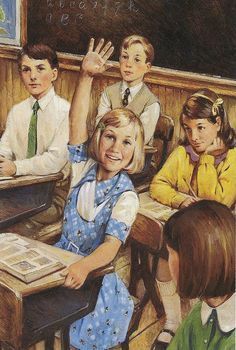
 How many times has a well meaning friend or colleague, after hearing a sliver of a story about your toxic mom, offered advice to find “common ground?”
How many times has a well meaning friend or colleague, after hearing a sliver of a story about your toxic mom, offered advice to find “common ground?” I always say, Toxic Mom Toolkit gets the best mail and over the holidays, this gem flew in over the transom. It’s from a Friend of Ours and she hopes that it helps someone.
I always say, Toxic Mom Toolkit gets the best mail and over the holidays, this gem flew in over the transom. It’s from a Friend of Ours and she hopes that it helps someone.